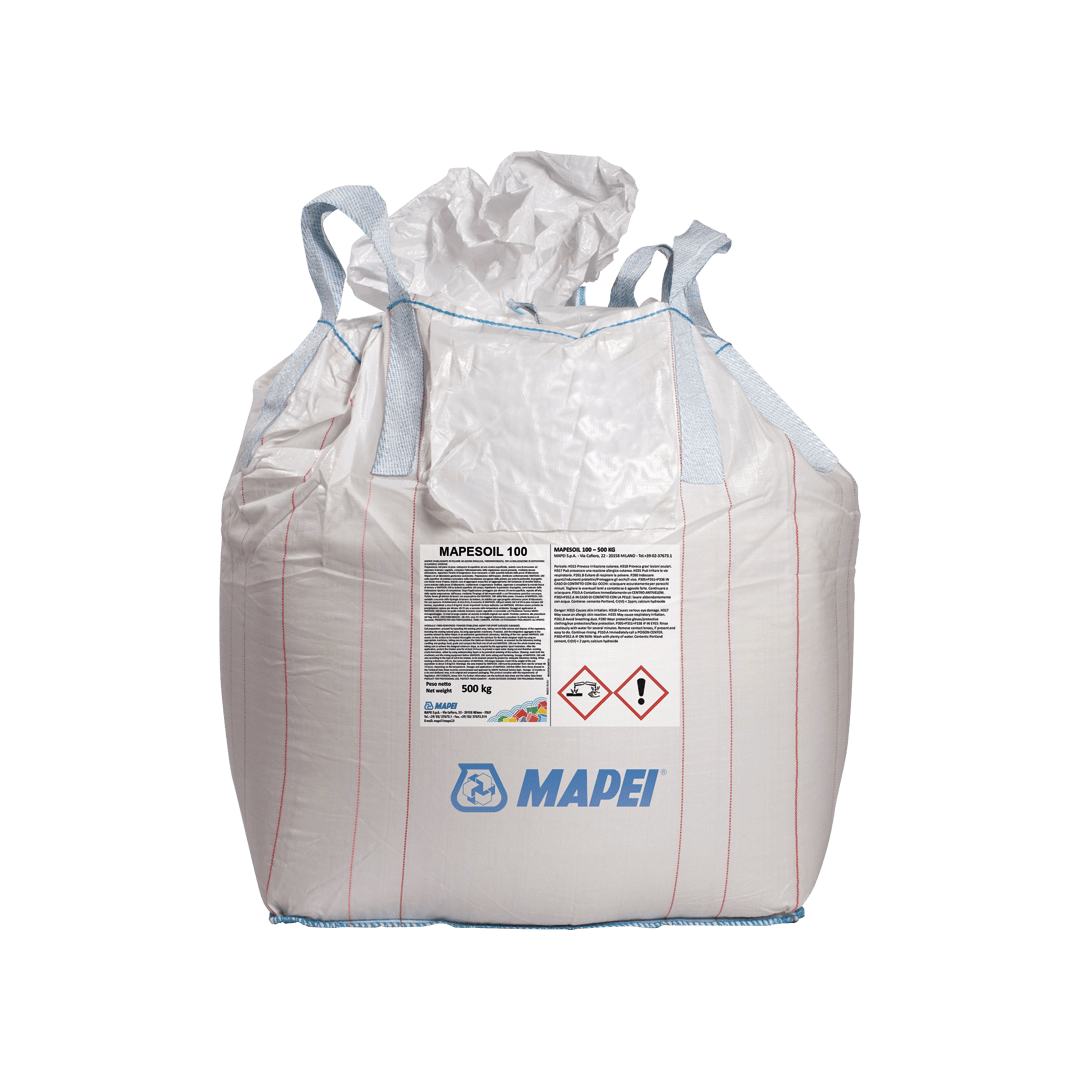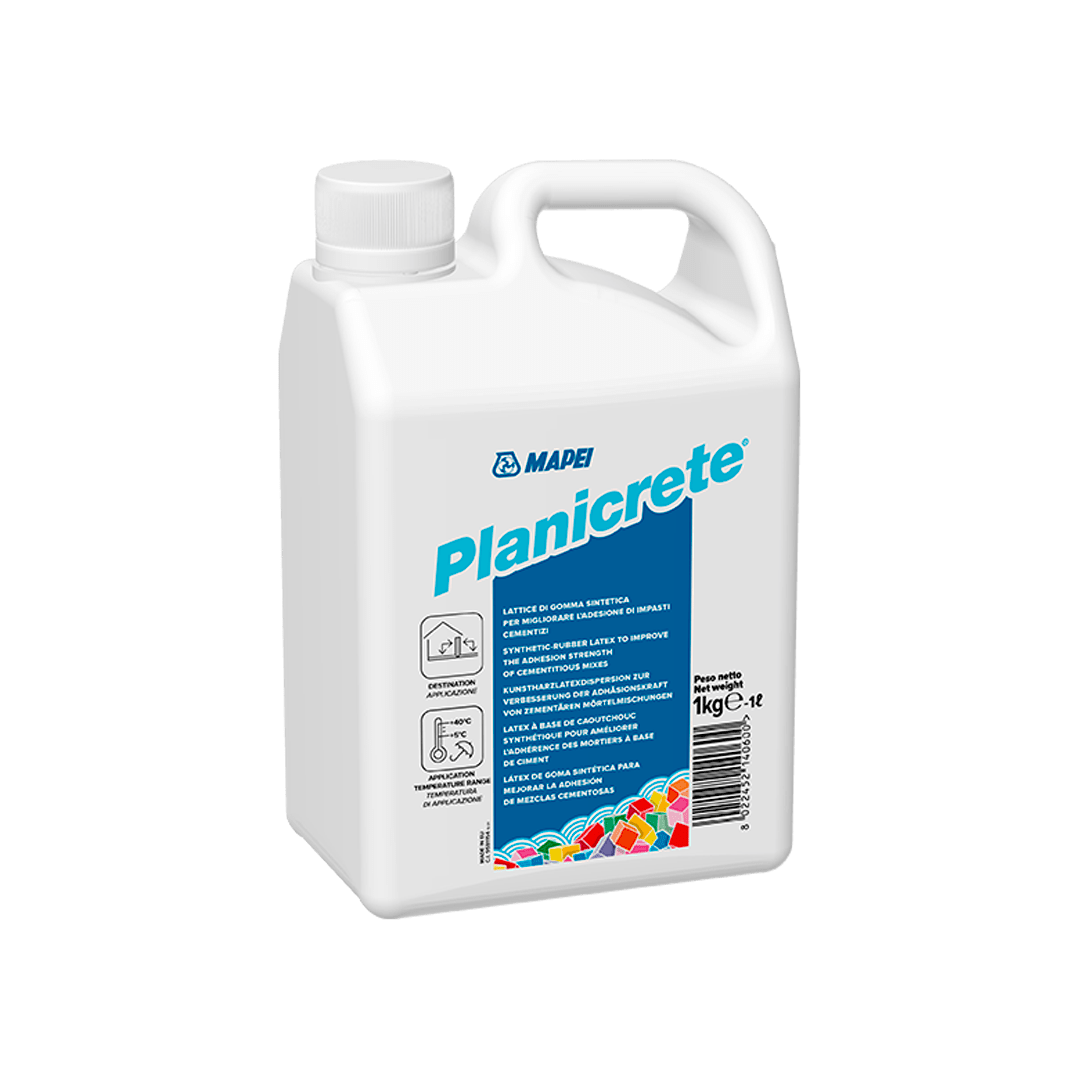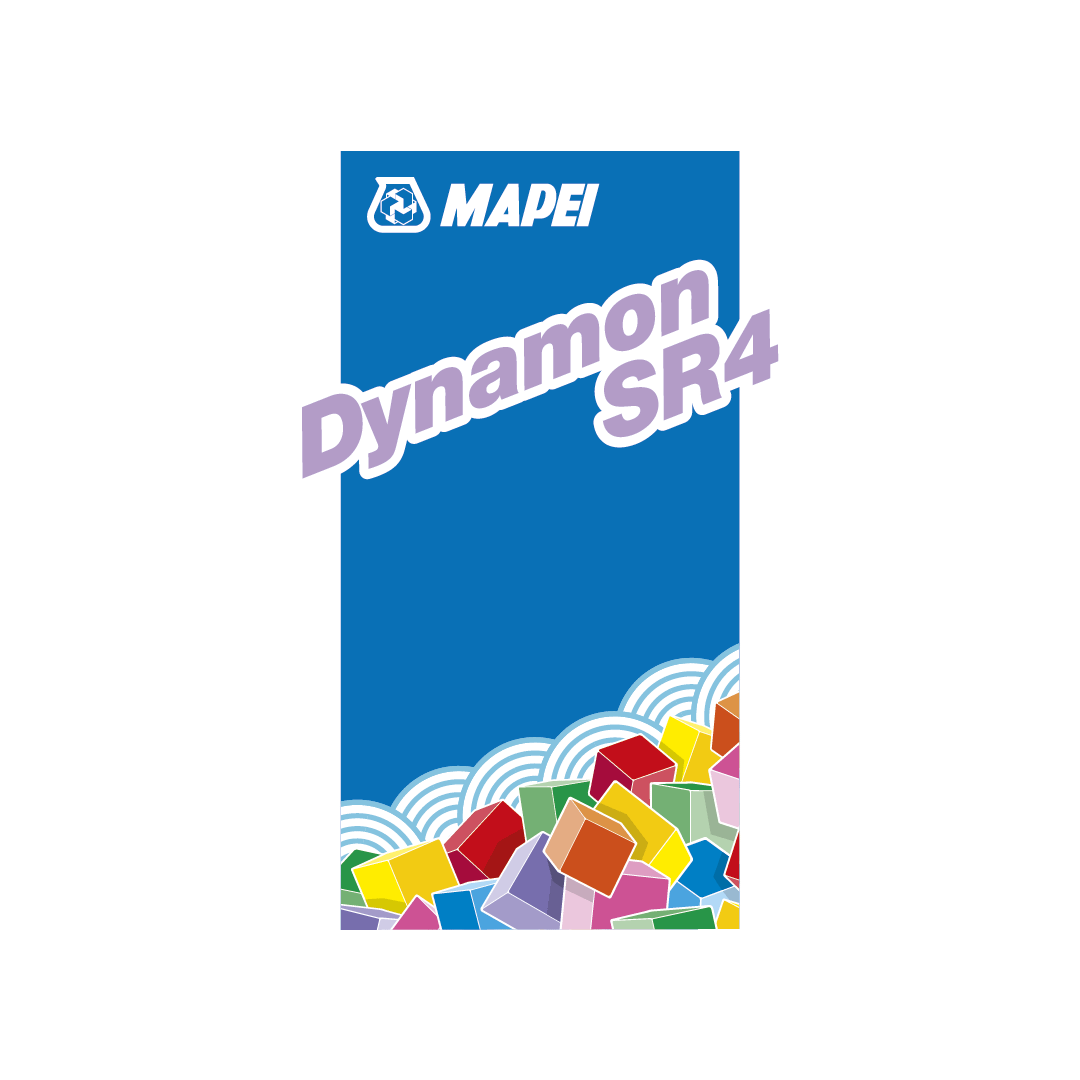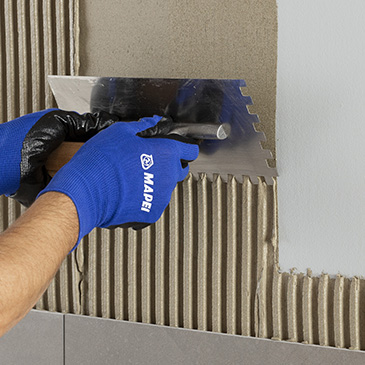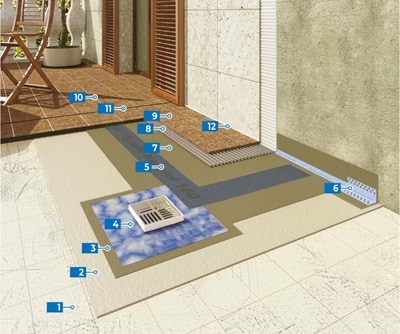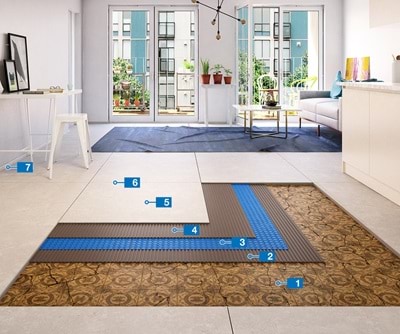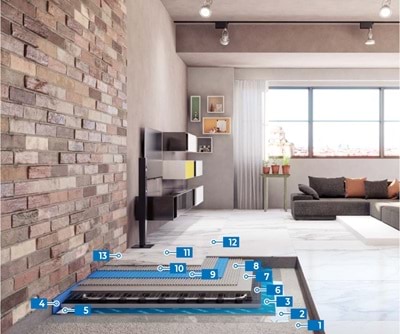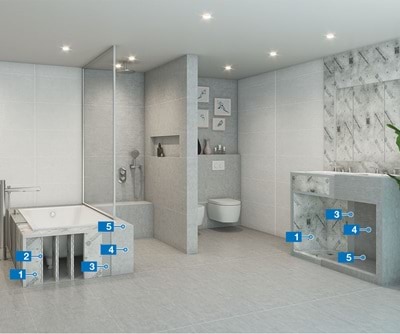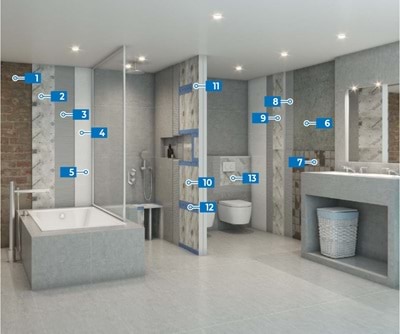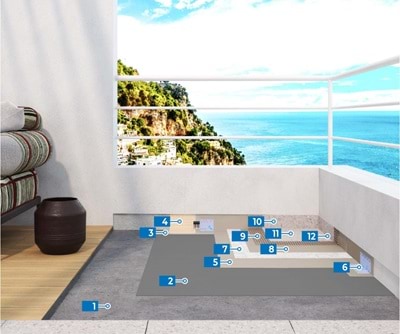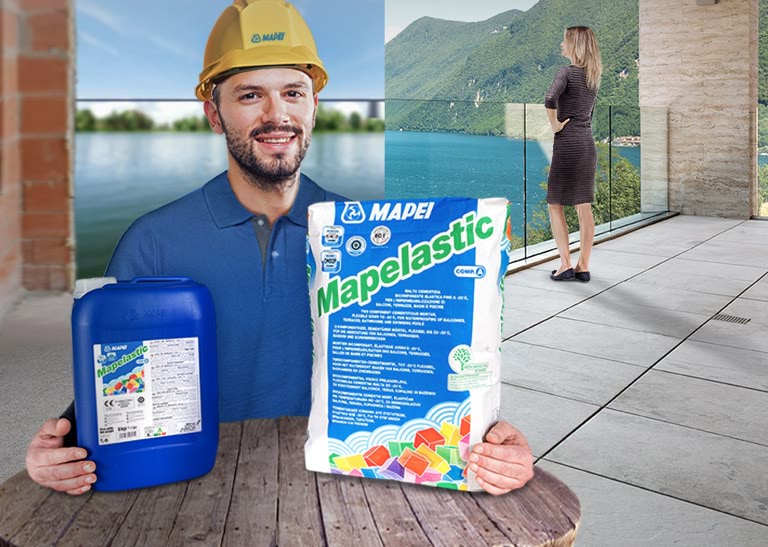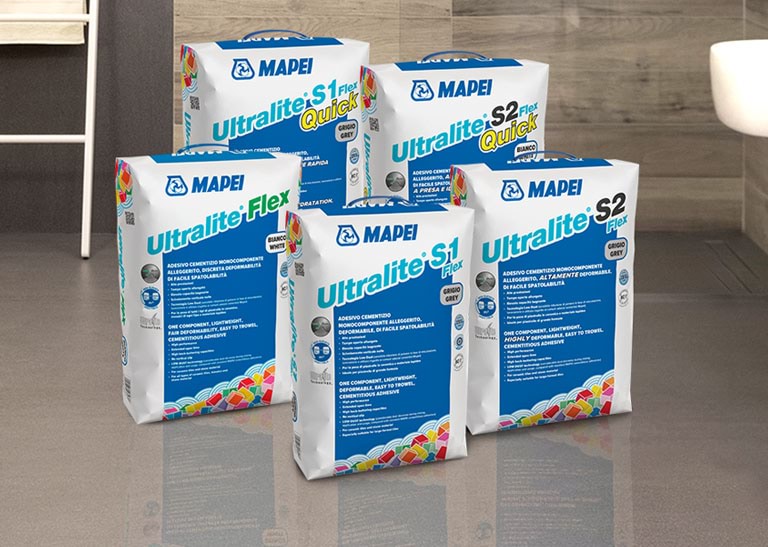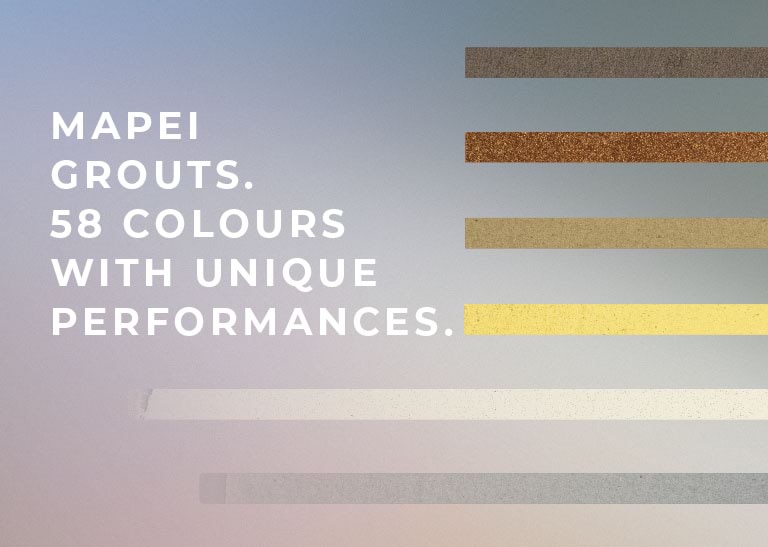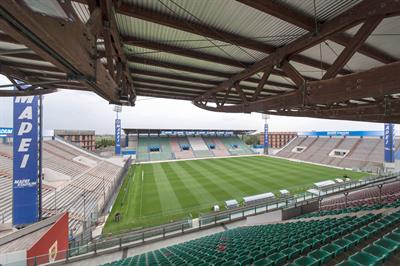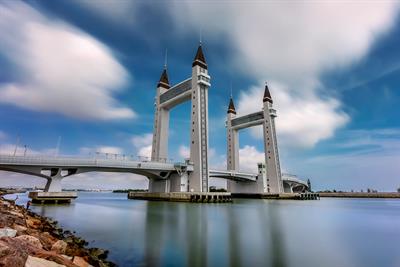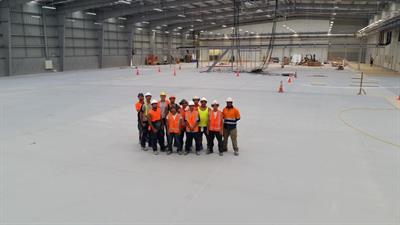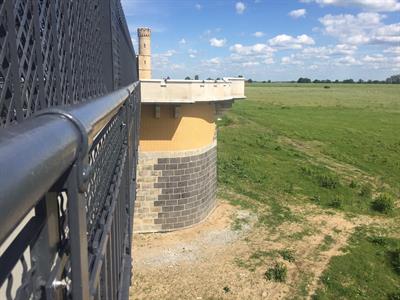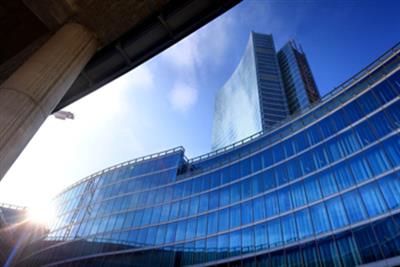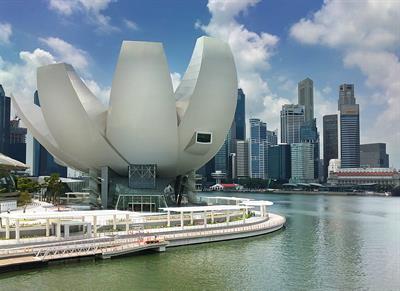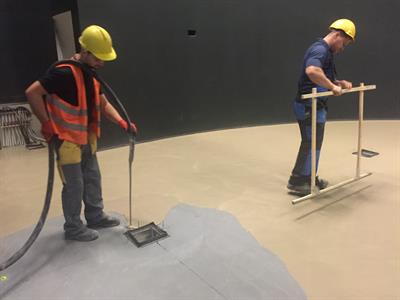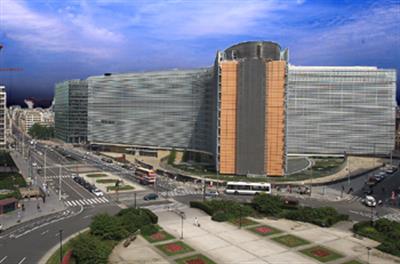Mapei is a Partner in TECLA, the project to develop a new, circular mode of habitation, created to provide an answer to the increasing lack of homes and the impelling need for a more sustainable approach to architecture.
Mapei carried out an analysis of the mix to be employed during the printing phase to pinpoint the correct solutions and create the right mix design.
Designed by Mario Cucinella Architects and engineered and constructed by WASP, TECLA will be the first prototype of an eco-sustainable habitat printed entirely in 3D, thanks to the simultaneous use of several Crane WASP printers working together, an innovative technology developed for printing eco-districts directly on site.
The TECLA construction, which takes its name from one of the imaginary invisible cities of Italo Calvino, will be built in Massa Lombarda (Ravenna) and will be made in one single piece out of local raw earth taken from the site it is to be built on, and without generating waste of any kind.
The consultancy service provided by Mapei was vital in the analysis of the raw earth and then the development of a specific mix-design in order to obtain a mix with rheological properties suitable for the printing phase and with mechanical properties suitable for the type of use.
The Mapei solutions that will be used in the mix are as follows:
MAPESOIL 100, a powdered stabilising agent used to consolidate soil, which enables the raw earth and water-based mix to be progressively broken up, promoting the durability and resistance to leaching of the mix once it has been extruded;
DYNAMON SR4 super-plasticising admixture which helps the mix maintain its workability and pumpability for up to two hours after preparation;
PLANICRETE synthetic latex rubber, used when mixing slurry to help it bond more firmly to surfaces that have already set;
PLANISEAL WR 100 ready-mixed water-repellent applied with a spray bottle on dry facing walls, highly effective in waterproofing structures after just 12 hours.
The project entered the construction phase in September 2019 and should be completed by the beginning of 2020.
About TECLA:
The TECLA project is the result of a vision shared by Mario Cucinella Architects and WASP with the aim of reflecting on a new circular housing model created using entirely reusable and recycled materials taken from the local terrain. A cutting-edge home printed in 3D that responds to the increasingly urgent revolution in climate change and the need for a new approach dictated by the needs of those communities most in tune with nature. The planet is calling us to take part in a communal project that combines more empathetic architecture and the application of new technologies.
A project by Mario Cucinella Architects and WASP
Mario Cucinella Architects: Architectural design and coordination
WASP: Engineering and construction through 3D printing
With:
SOS-School of Sustainability: Knowledge partner
Mapei: Materials suppliers and consultancy
Milan Ingegneria: Structural consultancy
Capoferri: Design and supply of doors and windows
RiceHouse: Suppliers and consultancy in the green building sector
Frassinago: Landscape design
Lucifero’s: Lighting design
Ariatta: Consultants for all aspects of energy supply and comfort
With the patronage of:
Massa Lombarda local council
Sponsored by:
TER Costruzioni






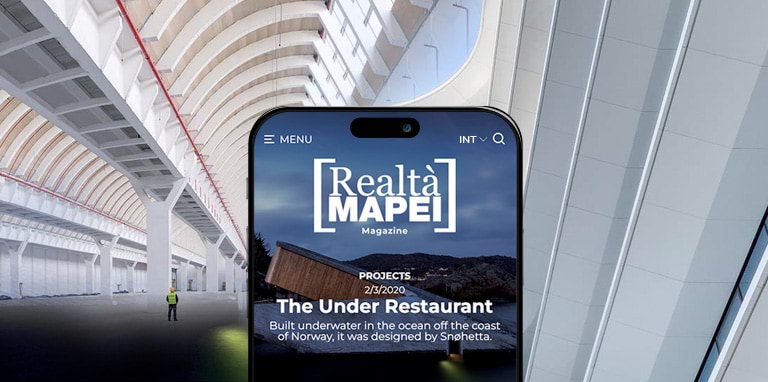






.jpg?sfvrsn=793eb975_6)


.jpg?sfvrsn=9139b975_6)



